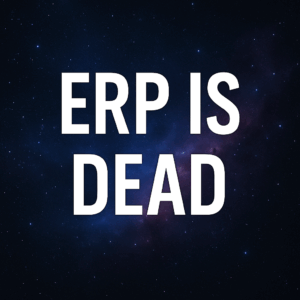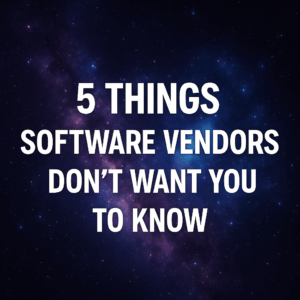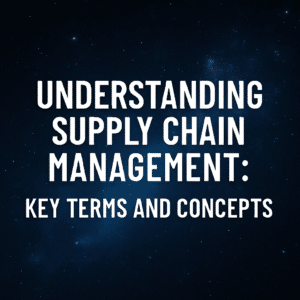Workday is one of the most common HCM systems in the market today. Along with Oracle HCM, SAP SuccessFactors, Ultimate UltiPro, and other common options, HR and HRIS departments have plenty of options to choose from.
It is also one of the up-and-coming systems with lots of momentum behind it. The company and its software burst onto the scene 15 years ago, and in a relatively short period of time has become one of the leading enterprise options for mid-market and larger organizations. Much like Salesforce disrupted the CRM space by providing a focused solution that handles a certain functional area better than most ERP systems, Workday has done the same in the HCM space.
But what is Workday and how do we know if it is the right solution for us? This independent review provides some of those answers – along with the pros and cons of those considering a Workday implementation. The review also covers Workday’s results within our recent 2020 ERP and HCM Report.
Note: Third Stage Consulting Group is 100% independent and unaffiliated with Workday and all other HCM or ERP vendors. This review was not commissioned by or influenced by any software vendors or systems integrators.

Table of Contents
ToggleMaturity of Workday’s functionality and technology
Workday is focused on providing HCM capabilities to drive HR organizations, including talent management, benefits, payroll, performance management, compensation, and other areas. While the HCM module of many ERP systems is almost an afterthought that provides bare minimum capabilities, Workday has focused providing best of breed ERP / HCM functionality in this area.
Workday also has the advantage of having a head start in the cloud. Oracle HCM, Ultimate UltiPro, and other HCM and ERP providers are still in the process of moving or rewriting their solutions to cloud and SaaS platforms, but Workday has always been in this space. This, combined with its HCM focus, provides a level of functional and technical maturity that outperforms many of its peers.
Beyond HCM into financials and ERP
HCM is also in a unique position of expanding its HCM capabilities into more “ERP-like” functionality. In addition to providing a breadth of traditional HRIS functions, it has also evolved into procurement, financials, planning, and other processes that make it a viable ERP option as well. In fact, this is one of the reasons that Workday made our recent ranking of top 10 ERP systems.

But this isn’t necessarily an advantage for all organizations using the product. While Workday is used by many larger organizations, its light financial and other ERP capabilities are often times not enough for more complex organizations. We see plenty of organizations that still need a “real” ERP system to handle back-office functions outside of HR. No product can be everything to everyone – and Workday is no different.
Workday’s open ecosystem
Like Salesforce in the CRM space, Workday is becoming more of a platform rather than just a software solution. It is opening its technical architecture and tools to third-party developers to provide add-ones and other softwares that work within the Workday platform. This is allowing the product to further extend its footprint into other parts of organizations outside core HCM.
In addition to opening its technical ecosystem, the company is also aggressively expanding its implementation ecosystem. A plethora of mid-tier and larger systems integrators are opening Workday practices and building technical service offerings in the area. The high growth of the ecosystem can be a strength, but it also has a dark side, which is explained below.
Workday implementation troubles
While Workday’s standard functionality and technology is relatively sound in the realm of HCM, we are observing an increasing number of Workday implementation challenges. We have yet to be called upon to testify as an HCM or ERP expert witness specific to any Workday-related lawsuits, but we are working with plenty of companies that are replacing their botched Workday implementations with different alternatives.
There are a few contributing factors leading to Workday implementation challenges. First, the ecosystem has grown very quickly in recent years, which has led to a relatively large number of inexperienced consultants being staffed on Workday implementation projects. While SAP, Oracle, Microsoft Dynamics, and other more established products have consultants with decades of experience working with a given platform, Workday consultants do not yet have that experience track record.
Second, Workday is aggressive in its messaging that Workday is allegedly easier to implement than its other HCM counterparts. While the technology is cloud-based and may make the initial installation of software easier, it doesn’t fix the hardest parts of any HCM implementation: business processes, change management, and data migration, for example. This leads to inaccurate processes to estimate HCM / ERP implementation time and cost.
If anything, one could argue that a cloud-based HCM is a more disruptive technology that affects more people within an organization, so it will actually take more time and money to implement. But if we have unrealistic expectations from the start, we will make bad decisions and cut corners during implementation, which will create big problems later on. This is why it is so important to properly plan for your Workday HCM implementation rather than jumping straight to implementation.

Conclusion: Is Workday the right HCM system for you?
Workday is a mature technology with competitive HCM capabilities. If you are part of an HR-first digital transformation – or an organization that places particular emphasis on talent management and HCM – then Workday can be a good option. It can also be a particularly good option for companies looking for light ERP capabilities on top of HCM.
But it is also important to note its weaknesses. The product can’t be everything to everyone and the emerging trend of troubled Workday implementations needs to be considered. These risks can be mitigated but should be fully understood as part of your ERP or HCM software evaluation.
Please feel free to contact me if you would like to brainstorm ideas or compare notes on your Workday evaluation or implementation. I am happy to be an informal sounding board as you continue your digital transformation journey!





